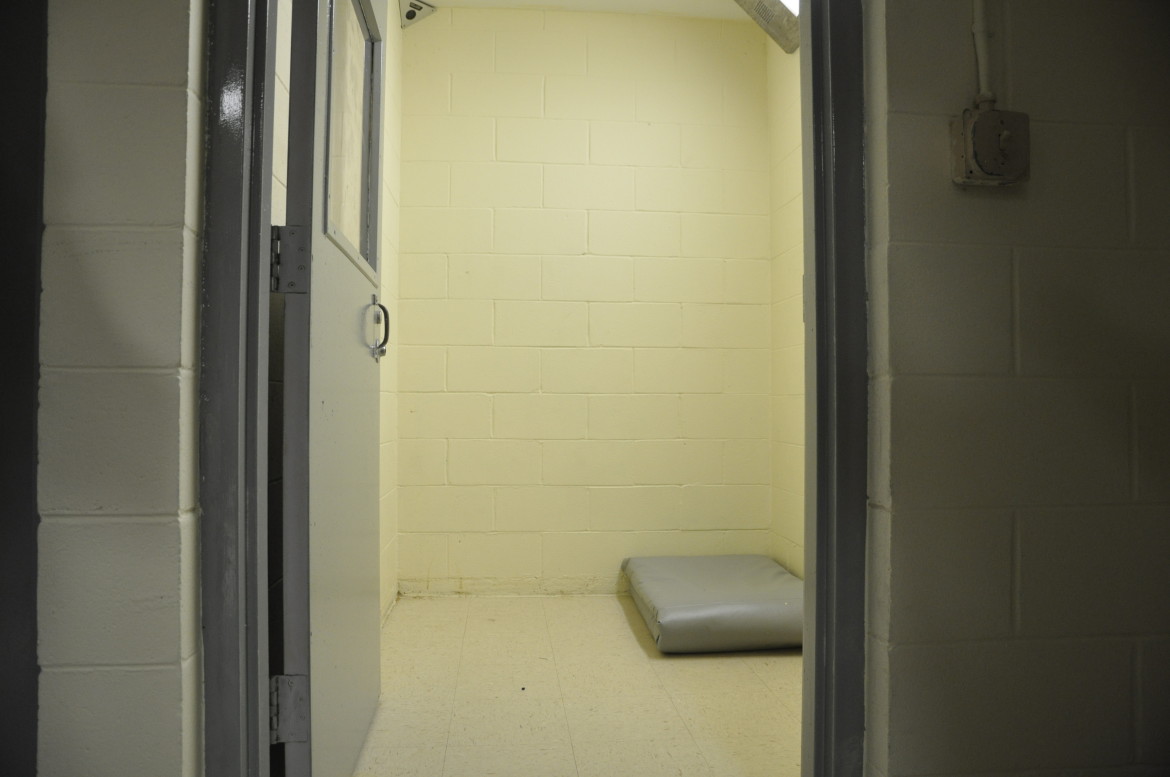On Monday, the United States Department of Justice (DOJ) and officials in Memphis, Tenn. entered into an agreement to overhaul the juvenile justice system within Shelby County, long plagued by reports of detainee mistreatment and systemic oversights.
 An investigative report released by the DOJ’s Civil Rights Division earlier this year found numerous due process violations within the Juvenile Court of Memphis and Shelby County (JCMSC), with officials unable to provide timely probable cause hearings or required transfer hearings for young detainees. The report also found that JCMSC personnel were holding young people in restraints for much longer than allowed under its own policy, with some detainees held in restraint chairs for five times the facility’s “maximum” duration of 20 minutes.
An investigative report released by the DOJ’s Civil Rights Division earlier this year found numerous due process violations within the Juvenile Court of Memphis and Shelby County (JCMSC), with officials unable to provide timely probable cause hearings or required transfer hearings for young detainees. The report also found that JCMSC personnel were holding young people in restraints for much longer than allowed under its own policy, with some detainees held in restraint chairs for five times the facility’s “maximum” duration of 20 minutes.
The memorandum of agreement (MOA) signed by the DOJ and JCMSC will revise the county’s current juvenile justice policies, with JCMSC officials agreeing to adhere to constitutionally backed due process and equal protection protocols. In addition to establishing new performance metrics for disproportionate minority contact (DMC) reform, the MOA also prohibits continued use of restraint chairs and pressure point control tactics by facility personnel.
Other changes created by the MOA include the publication of court forms in Spanish, and insure recorded hearings are audible for accurate transcripts. Under the agreement, a new community outreach program will also be established, which will hold open meetings to inform members of the community about both JCMSC reform and answer questions about local juvenile justice administration.
The reform costs, which include improved medical care and mental health treatment for young detainees, will be charged to the county. Shelby County Juvenile Court System Chief Administrative Officer Larry Scroggs told The New York Times the policy changes may require time to be properly implemented.
“County government is like all local governments, which is to say it’s really financially strapped at this point,” he said. “We have to figure out how to do it incrementally.”
Photo by Ryan Schill | JJIE.org
